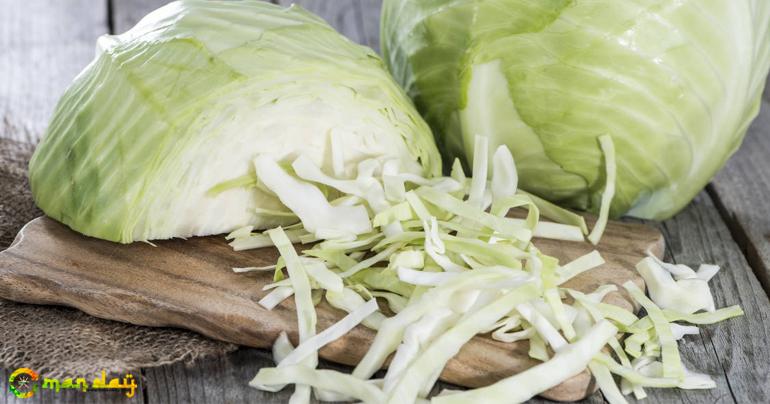Health Benefits of Cabbage
One widely available cruciferous vegetable that is often overlooked is cabbage.
Cabbage belongs to the Brassica genus of vegetables, which also includes broccoli, cauliflower, and kale. It comes in different shapes and colors (red, purple, white and green) with either crinkled or smooth leaves.
Cabbage is good for your health due to its impressive nutritional profile.
It has fiber, folate, manganese, calcium, potassium, magnesium, and vitamins B6, K, and C. In addition, it has micronutrients like vitamin A, iron, and riboflavin.
Along with its impressive nutrient profile, cabbage is very low in calories and contains powerful antioxidants, including polyphenols and sulfur compounds.
Cabbage is not only healthy, it’s also delicious. It’s good both raw or cooked, and you can add it to a wide variety of dishes like salads, soups, stews, and slaws. You can also ferment cabbage and make sauerkraut or kimchi.
Here are the top 10 health benefits of cabbage, some of which you may find quite surprising.
1. Helps You Lose Weight
Cabbage is a good vegetable for people who want to lose weight in a healthy way.
One cup of shredded cabbage contains just 22 calories. So, being low in calories, it makes a great addition to any weight loss diet.
Also, the fiber in cabbage provides bulk in your digestive system, which helps your stomach empty more slowly. Cabbage is also high in water content, which means it keeps you feeling full longer and prevents hunger pangs. Plus, it keeps the body hydrated.
In fact, in the 1950s, the cabbage soup diet was very popular as a way to quickly lose a few pounds. It is beneficial but, being low in complex carbohydrates, protein, vitamins, and minerals, the cabbage soup diet should be followed for not more than 1 week at a time.
2. Boosts Heart Health
Including cabbage in your diet can help protect against heart disease.
The anthocyanins in red cabbage help suppress inflammation in the body that may lead to cardiovascular disease. Also, the high polyphenol content in cabbage helps prevent platelet buildup and reduces blood pressure. This, in turn, helps lower your risk of cardiovascular disease.
The potassium content in cabbage also helps regulate blood pressure by working against the harmful effects of excess sodium in your body. High potassium intake is also associated with a reduced risk of strokes.
Moreover, cabbage helps reduce your low-density lipoprotein (LDL or ‘bad’ cholesterol) level and increase your level of high-density lipoproteins (HDL or ‘good’ cholesterol). This also helps reduce the risk of heart disease over time.
...[ Continue to next page ]
Share This Post






